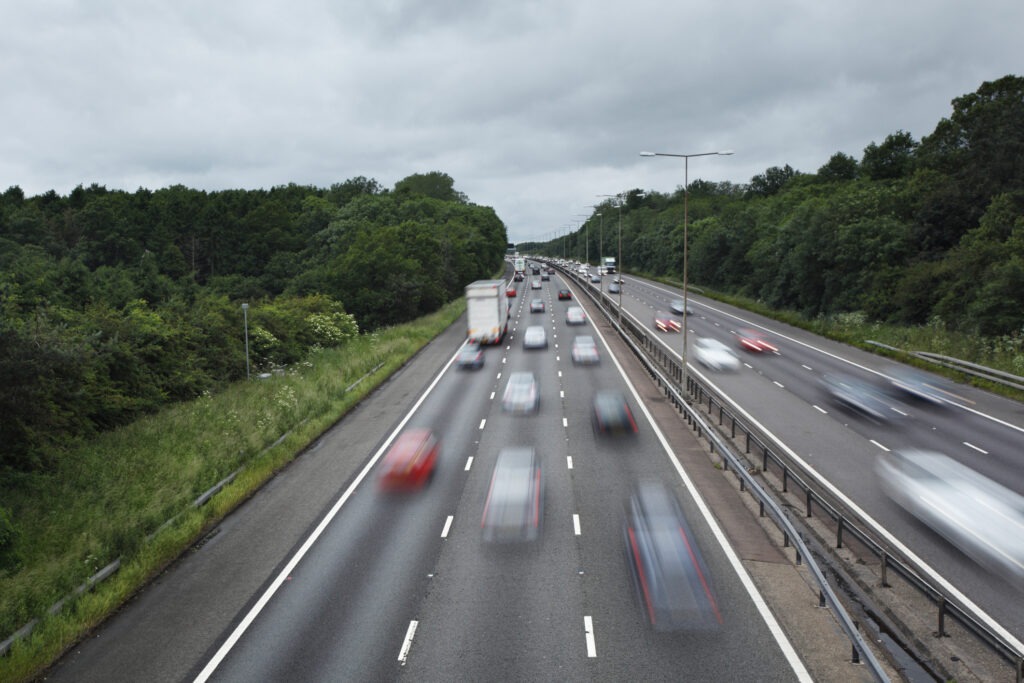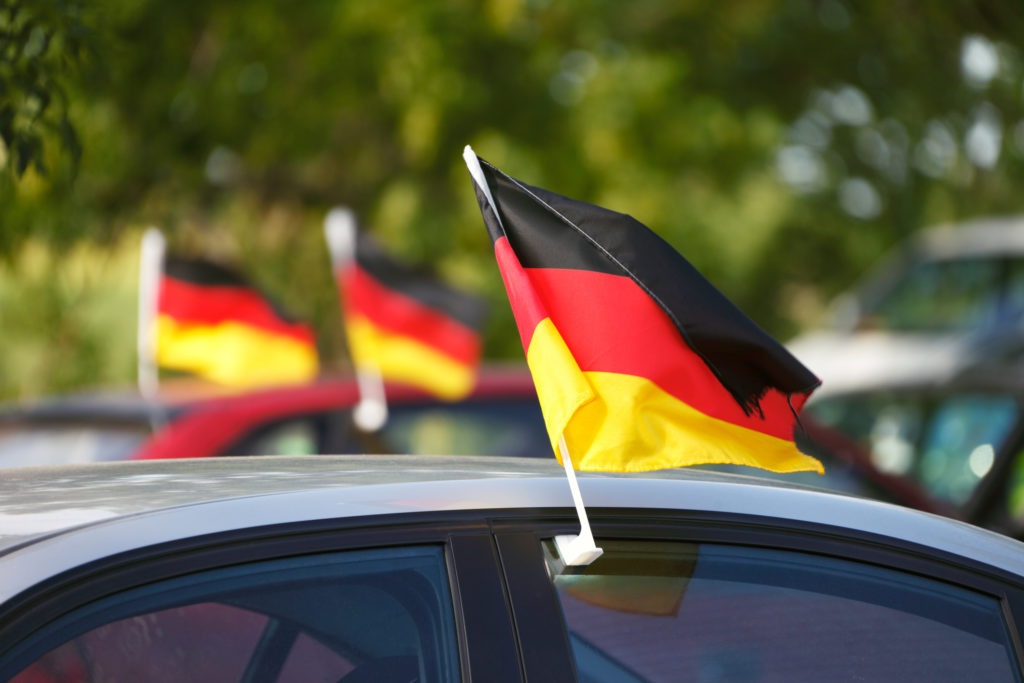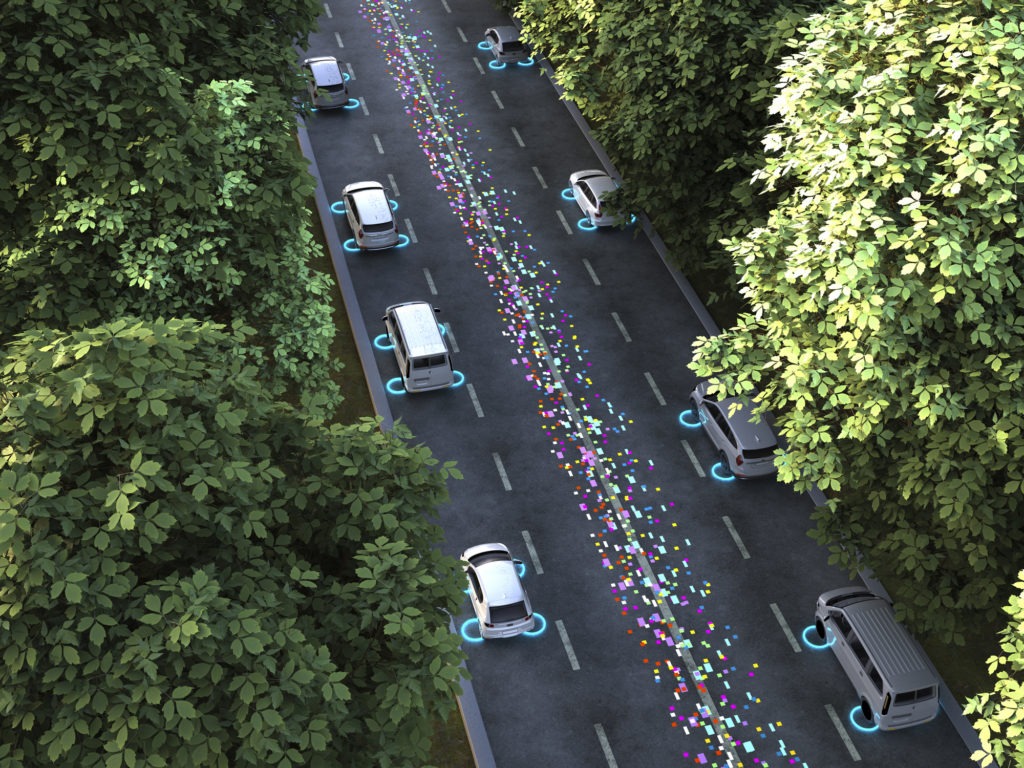German new-car registrations fall below two million units in first three quarters
10 October 2022

Rising list prices have dampened consumer demand for cars this year. New-vehicle markets are facing turbulent times, not least in Europe’s largest automotive industry, Germany.
The latest official data from the country’s Kraftfahrt-Bundesamt (KBA) shows that new-car registrations jumped 14.1% and totalled 224,816 units in September, performing above Autovista24 expectations. The first nine months of the year paint a clearer picture though, as the number of new-car registrations was down 7% year on year, falling to a low of just 1.87 million units.
‘The double-digit growth in September is pleasing, but it is primarily based on an extremely weak month last year and a reduction of the purchase application backlog that was built up in the previous months,’ said Reinhard Zirpel, president of the Association of International Motor Vehicle Manufacturers (VDIK).
‘The level of new registrations in September is still well below the long-term average. The balance after three quarters of 2022 is sobering. For the first time ever, passenger-car sales are below two million units after nine months. The market urgently needs positive stimulus from stable framework conditions and consumer support in the face of rising energy and living costs,’ Zirpel added.
The seasonally-adjusted annualised rate (SAAR) increased from 2.52 million units in August to 2.77 million in September. Autovista24 has adjusted its forecast and projects that new-car registrations will drop 3.3% to 2.54 million units in 2022.
Meanwhile, passenger-car production in Germany increased for the fifth month in a row in September. German manufacturers produced 366,700 passenger cars, up 65% year on year. Around 2.5 million passenger cars have been built in Germany since the beginning of the year, an increase of 8% compared to the same period last year.
Challenges lie ahead
Germany’s automotive industry is bracing itself for disruptions as rising electricity prices impact the production and sale of cars. Soaring energy costs were cited as ‘the greatest challenge’ by manufacturers and suppliers in a recent survey by the German Association of the Automotive Industry (VDA). Around 10% of surveyed companies claimed to be experiencing restrictions when it comes to production, with nearly a third discussing such constraints.
Volkswagen (VW) Group told Autovista24 that it had set up a task force – something it did during the COVID-19 pandemic, the chip crunch, and the Ukraine war – to analyse and prepare itself for potential energy shortages. While the car manufacturer said it was prepared, it could not completely rule out disturbances.
‘We are in close discussions with our suppliers as well as with politicians and authorities to analyse the possible consequences of a gas shortage and possible joint solutions. To identify potential supply risks at an early stage, Volkswagen has systematically surveyed around 6,000 potentially affected supplier plants about their gas dependency in the countries that are most dependent on Russian gas,’ VW said.
In a timely announcement, Mercedes-Benz said it would build a wind farm in Germany, which could cover more than 15% of its electricity needs in the country, generating more than 100MW from the middle of the decade. This comes after the premium carmaker previously said it would cut its natural-gas consumption in Germany by increasingly betting on renewable energy sources.
Meanwhile, BMW has also responded to the gas shortage in Europe, cutting its gas intake in Germany and Austria by 15%. Further cuts are expected although the manufacturer does not believe this will have a major impact on production this year.
Customers are also grappling with higher energy costs, something that analysts say could threaten the adoption of electric vehicles (EVs). Charging operators have increased prices in the country, including Allego. The company hiked up its prices in September and plans to do so again in October, saying it was forced to change tariffs due to the surge in electricity costs across Europe.
In September, inflation soared into double-digit growth for the first time in decades. Official data indicates it likely hit 10% last month, with consumers spending more on goods – including cars.
Germany’s automobile club, ADAC, found that list prices for new cars have gone up by 44% since 2017. The club warned last month that the rising cost of new cars was proving to be a driver of inflation. It called on manufacturers to keep an eye on the affordability of new passenger cars, saying ‘mobility must remain affordable for all.’



